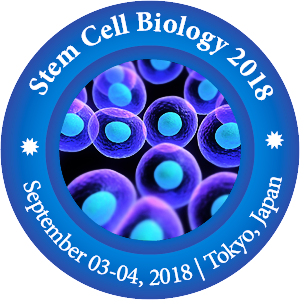
Sholeh Etehad Asnaf
Student at Azad University,North Tehran Branch Department of biology,Iran
Title: Evaluation of gene expression of NLRP3 and NLRC4 as Inflammasome receptors in peripheral blood of SM injured patient by Real-Time
Biography
Biography: Sholeh Etehad Asnaf
Abstract
Mustard gas is one of the most widely used chemical warfare agents used during the Iraqi wars against Iranian warriors. Some mechanisms of chronic pulmonary damage caused by mustard gas such as oxidative stress, protease-antiprotease imbalance and inflammation have been studied. In the context of inflammation, the role of inflammacom and the genes involved in it, especially the receptors of this inflammatory complex, is important. Therefore, the present study evaluated the expression of NLRP3 and NLRC4 genes as inflammatory receptors in peripheral blood of veterans of pulmonary chemo using Real- Time PCR. The present study was conducted as a cross-sectional analytical study on 15 chemical warfare victims exposed to mustard gas, 15 COPD patients and 15 healthy individuals as controls that were referred to the lung clinic of Baqiyatallah Hospital (AS). After extracting RNA from the blood sample and synthesizing cDNA, expression of the two NLRP3 and NLRC4 genes was evaluated using Real Time PCR. Finally, the data were analyzed by SPSS version 20 The two NLRP3 and NLRC4 genes did not change significantly in veterans and people with COPD compared to healthy subjects. Although the expression of these two genes was higher in COPD patients than veterans (0.17 to 0.05 and 0.15 to 0.04, respectively), there was no statistically significant relationship. According to the results of the present study, it has been found that two NLRP3 and NLRC4 genes have the potential to be involved in inflammation and chronic obstructive pulmonary embolism. As a result, it is hoped that with the full knowledge of the process of chronic damage to the lungs caused by mustard gas, one can use it to create a pattern of diagnosis and prevent its further complications

